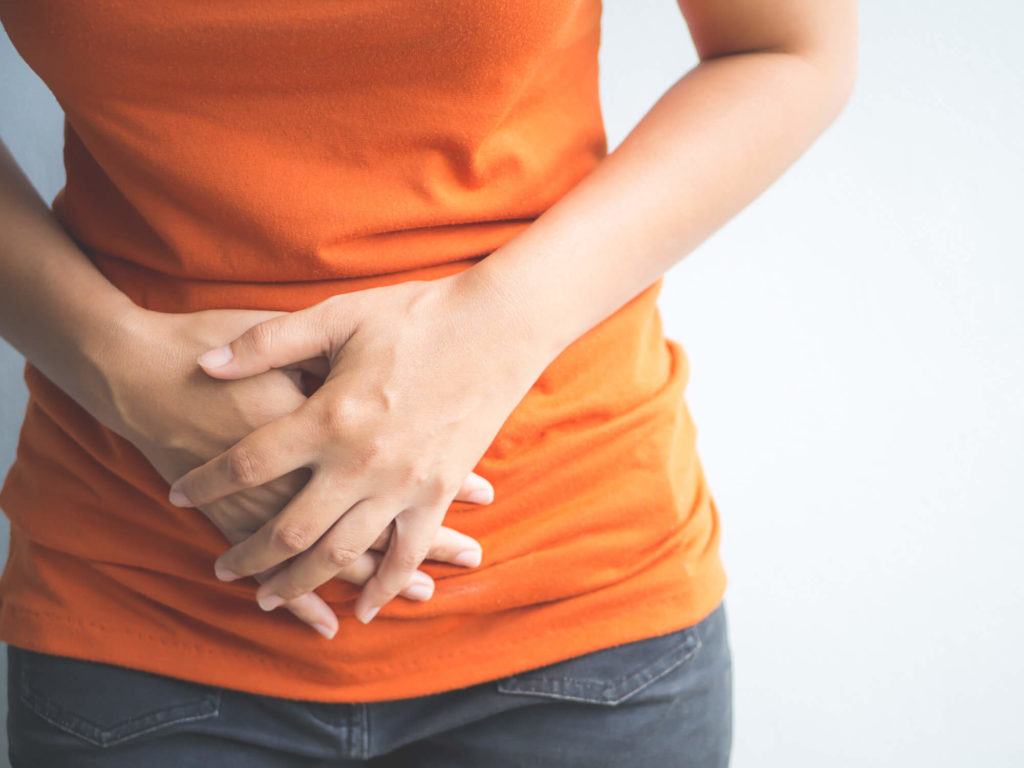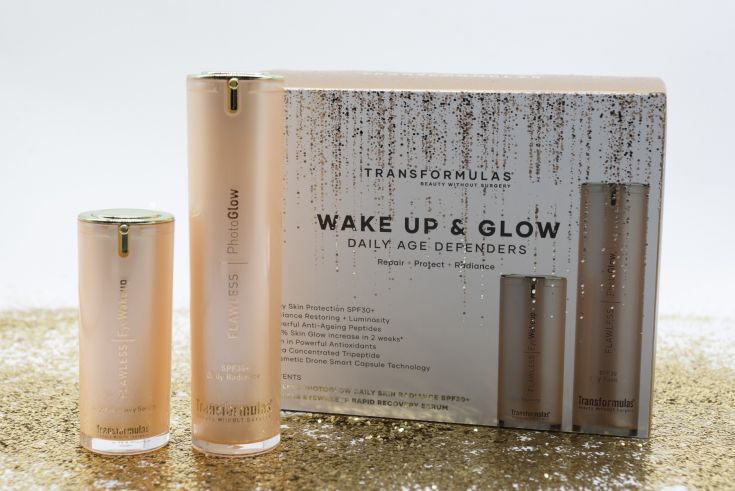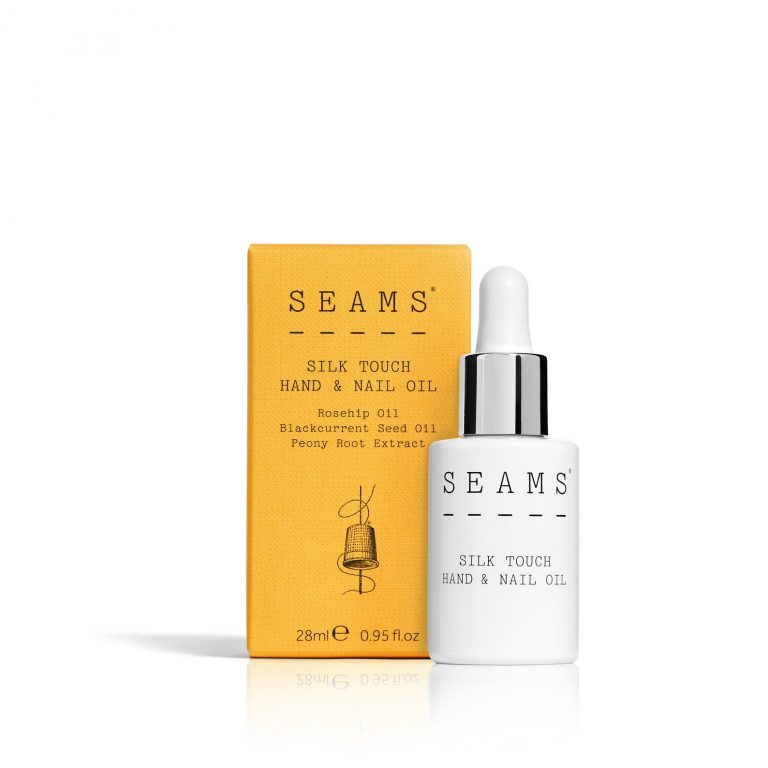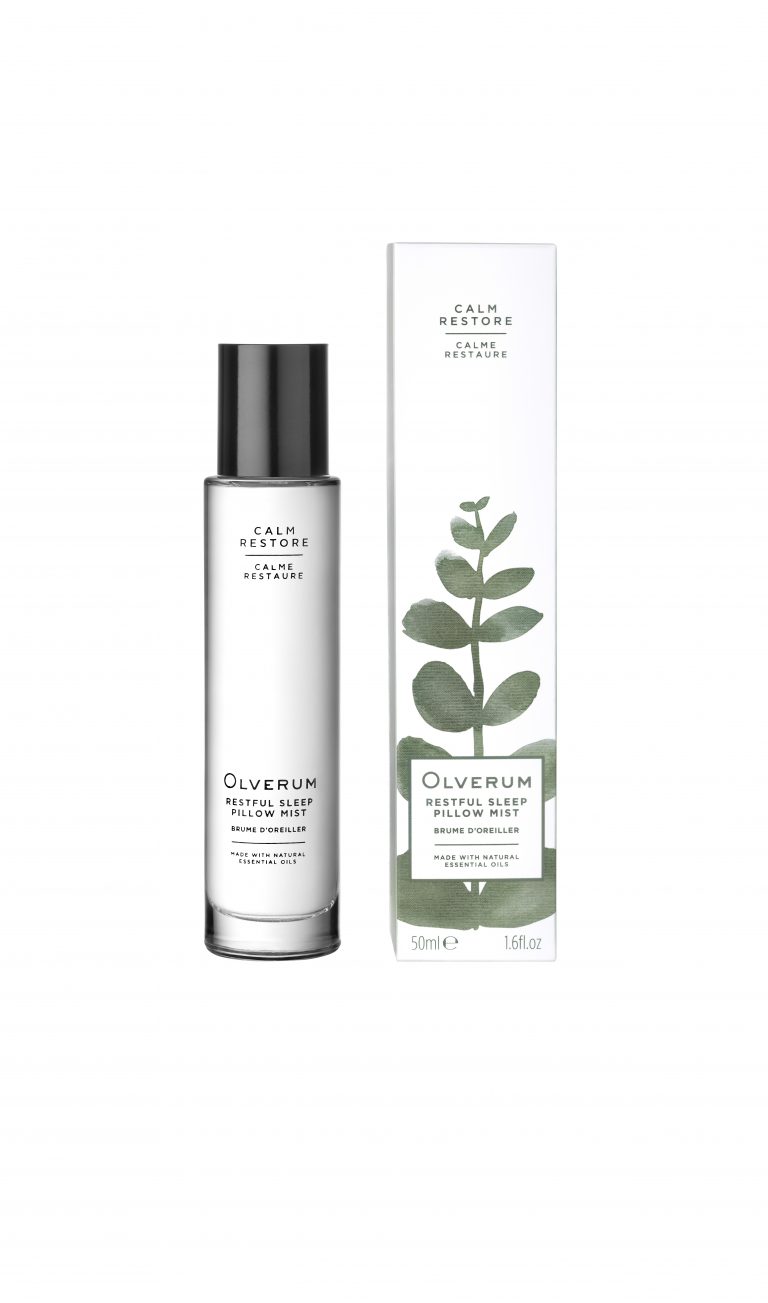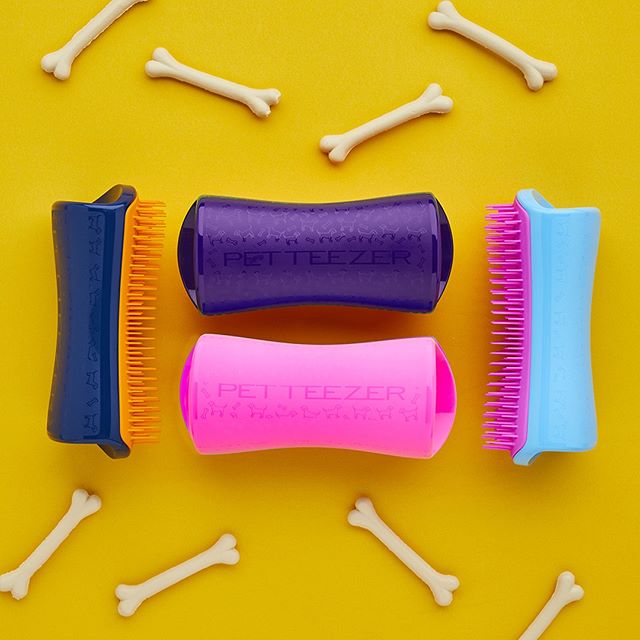By Nutritional Therapist Claire Barnes from Bio-Kult
Our digestive system is our first line of defence against harmful microbes and toxins entering the body as well as being the place where we absorb the nutrients to keep us alive and functioning. If you consider that over 70% of our immune systems are located in the gut, it comes as no surprise that a healthy gut leads to overall health and likewise, an unhealthy, unhappy gut could lead to ill health in other areas of the body. Here Nutritional Therapist Claire Barnes from Bio-Kult highlights 10 health conditions which could be triggered if our gut’s not happy.
- Heartburn
Heartburn is caused when stomach acid is pushed up into the oesophagus causing a burning sensation. It is believed the cause is due to a relaxed sphincter between the stomach and oesophagus. Recently, another hypothesis suggested that in many cases it could be too little stomach acid which causes heartburn. This theory suggests that it takes longer for the stomach to break down the food; the undigested food then begins to ferment in the stomach producing gas which results in pushing up the stomach acid into the oesophagus. Both an overgrowth of H. pylori in the stomach and stress may reduce stomach acidity. Live bacteria supplements (probiotics), can help to inhibit H. pylori in the stomach,1 and have also shown to be useful in reducing stress levels.2 Increasing digestive enzymes and stomach acidity may also help to alleviate heartburn caused by low stomach acidity. These can be taken in supplemental form such as Bio-Kult (£8.99 for 30 capsules) or could potentially be increased naturally by drinking hot water and lemon, apple cider vinegar or Swedish Bitters.
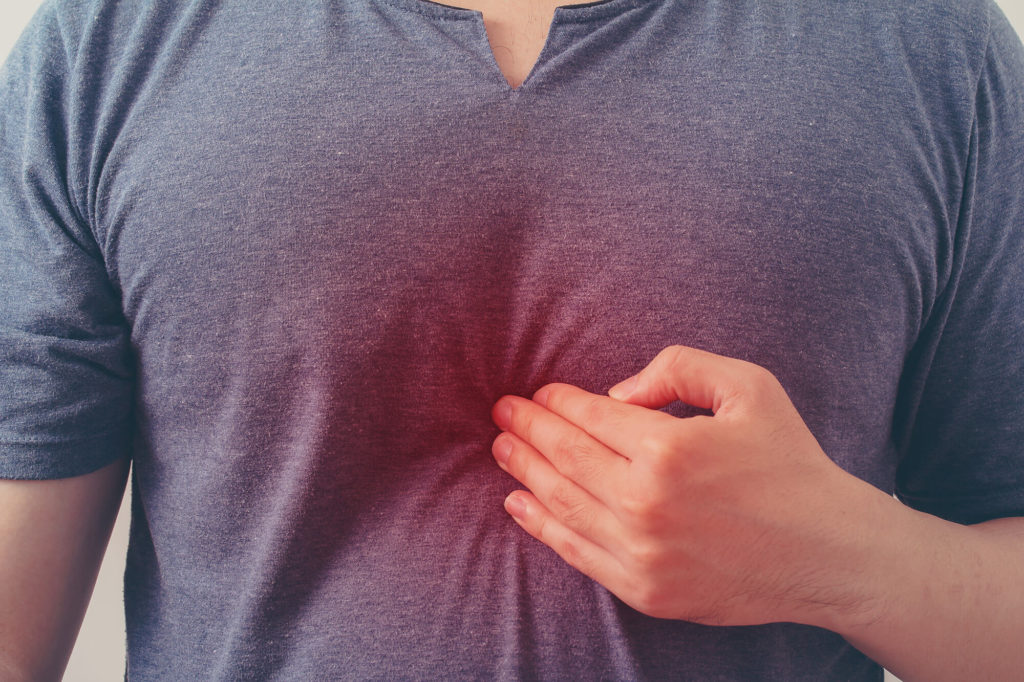
- Bloating
When bloating occurs, it suggests that the digestive system is not functioning optimally. Foods are not being broken down sufficiently, which slows digestion and increases bacterial fermentation leading to increased gases and gut distention. Live bacteria supplements, such as Bio-Kult Advanced 14 multi-strain, may help to improve digestion through the release of certain enzymes such as lipase, which breaks down lactose (milk sugars). They further help to increase acidity,3 which helps improve absorption. Always eat when you feel relaxed and turn off any distractions so you and your body can fully concentrate on digesting the meal in front of you.
- Eczema
As our immune system and our digestive tract are so intertwined, the health of one will inevitably affect the other. If there is an overgrowth of pathogenic bacteria in the gut, this could lead to inflammation and damage to the intestinal lining, causing leaky gut. The intestinal barrier acts as our first line of defence keeping out toxins, undigested food particles and pathogens from entering into the bloodstream.4 If there is damage to this lining, the immune system located in the gut will need to be on high alert to try and stop these harmful products getting into the blood. An imbalanced gut flora, leaky gut and food allergies have all been associated with eczema. Live bacteria have shown to improve the integrity of the intestinal barrier and help to maintain gut flora balance.
- Low mood
There is a strong association between depression and our digestive system. Often when we are feeling low, we lose our appetite and instead of eating regular meals, satisfy ourselves by reaching for quick processed, often sugary foods. A poor diet can lead to an altered gut flora, which can result in affecting our mood.5 Certain strains of bacteria produce toxins which may be able to cross both the intestinal barrier and the blood brain barrier, therefore affecting our wellbeing.6 Meanwhile, beneficial bacteria can produce serotonin in the gut,7 which is often referred to as our happy neurotransmitter. It’s clear to see that both improving the gut flora balance and improving the diet can have health benefits to your digestive function and your mood.

- Poor sleep habits
Keeping a regular routine each day is beneficial for our natural circadian rhythm. Part of this routine includes eating at regular intervals through the day and avoiding eating too late at night. Eating foods rich in protein, especially those containing the amino acid tryptophan, can help to increase melatonin in the brain.8 Melatonin is our important ‘relaxation’ hormone necessary for us to get a good night’s sleep. It is produced in the body in increasing quantities during the evening. Live bacteria supplements may help to improve nutrient absorption, so could improve the absorption of tryptophan in the diet and therefore increasing our melatonin levels.
- Hay fever
Hay fever is associated with an oversensitive immune system, of which 70% is located in the gut and influenced by the diversity of our gut microbes. It is not surprising therefore, that there appears to be a link between the severity of such allergies and the health of our gut.9 Probiotics have been shown in studies to help rebalance the gut flora and support a healthy immune response. One study reported that hay fever sufferers given a lactobacilli probiotic for just 5 weeks saw significant improvement in quality of life, and in particular a reduction in runny eyes.10
- UTIs
More than 80% of cases of urinary tract infections (UTIs) such as cystitis are caused by the overgrowth of the bacteria E. coli normally originating from the digestive system.11 The consumption of cranberry has long been recommended for the prevention and treatment of UTIs including cystitis. With many UTIs originating from a bacterial overgrowth in the gut, another recommended solution is to rebalance the gut flora with a live bacteria supplement. For those who suffer with recurrent urinary tract infections, they may find benefit from taking Bio-Kult Pro Cyan, which contains both cranberry extract and two live bacteria strains shown to inhibit E. coli.
- Thrush
The predominance of lactobacilli in the vagina is known to create an acidic environment that protects women from infection. Studies have shown that vaginal flora low in lactobacilli may lead to conditions such as bacterial vaginosis, thrush and UTIs. Live bacteria supplements have shown to be beneficial in restoring the gut and vaginal microflora and particularly for their antimicrobial activity against E. coli.12 Beneficial bacteria are known to reinforce the gut and vaginal flora, helping to prevent Candida from finding binding sites in the gut and vagina to grow.13 Garlic is well known for its naturally powerful anti-microbial properties. Candida albicans is particularly susceptible to garlic’s active ingredient allicin, which inhibits its growth and transition into its invasive fungus form.14 Bio-Kult Candéa has been specifically designed to help inhibit Candida overgrowth, the formula contains garlic, grapefruit extract and seven strains of live bacteria.

- Frequent colds and viruses
An effective way of improving your immune health is through improving your digestive health, considering that over 70% of the immune system resides in the gut. The immune system within the gut is our first line of defence against harmful viruses entering into the bloodstream and making their way around the body. Firstly, ensure that you are eating a healthy diet of whole foods, consuming a rainbow of different coloured vegetables and healthy proteins such as oily fish, grass-fed meats and legumes, alongside drinking plenty of water. Additionally, consuming fermented foods daily such as sauerkraut and kimchi which contain high numbers of beneficial bacteria could help to keep our gut flora in balance and improve digestive and immune function. In studies, live bacteria supplements have been shown to reduce the risk and symptoms of respiratory tract illnesses.15,16
- Weight gain
The bacteria in our guts can have a huge influence on what foods we crave and how much weight we gain. An imbalance in the intestinal microbiota and lower bacterial diversity is repeatedly observed in obese compared to lean individuals. The microbiome of an obese individual appears to have an increased capacity to harvest energy from the diet.17 Lepicol Lighter is a unique new high fibre supplement which could assist a weight-loss journey. It contains both psyllium husk and glucomannan which when taken before a meal helps you to feel fuller quicker, meaning less food should be consumed. Lepicol Lighter also contains 7 strains of live bacteria to keep your gut healthy and balanced, essential when trying to lose weight. The final important ingredient is chromium, an essential mineral that helps the maintenance of normal blood sugar levels.
References
1 de Klerk N, Maudsdotter L, Gebreegziabher H, et al. Lactobacilli Reduce Helicobacter pylori Attachment to Host Gastric Epithelial Cells by Inhibiting Adhesion Gene Expression. Infect Immun 2016; 84: 1526–35.
2 Yang H, Zhao X, Tang S, et al. Probiotics reduce psychological stress in patients before laryngeal cancer surgery. Asia Pac J Clin Oncol 2016; 12: e92–6.
3 Khodadad A, Sabbaghian M. Role of synbiotics in the treatment of childhood constipation: a double-blind randomized placebo controlled trial. Iran J Pediatr 2010; 20: 387–92.
4 Deuring JJ, de Haar C, Kuipers EJ, Peppelenbosch MP, van der Woude CJ. The cell biology of the intestinal epithelium and its relation to inflammatory bowel disease. Int J Biochem Cell Biol 2013; 45: 798–806.
5 Dash S, Clarke G, Berk M, Jacka FN. The gut microbiome and diet in psychiatry: focus on depression. Curr Opin Psychiatry 2015; 28: 1–6.
6 Petra AI, Panagiotidou S, Hatziagelaki E, Stewart JM, Conti P, Theoharides TC. Gut-Microbiota-Brain Axis and Its Effect on Neuropsychiatric Disorders With Suspected Immune Dysregulation. Clin Ther 2015; 37: 984–95.
7 O’Mahony SM, Clarke G, Borre YE, Dinan TG, Cryan JF. Serotonin, tryptophan metabolism and the brain-gut-microbiome axis. Behav Brain Res 2015; 277: 32–48.
8 Lieberman HR, Agarwal S, Fulgoni VL. Tryptophan Intake in the US Adult Population Is Not Related to Liver or Kidney Function but Is Associated with Depression and Sleep Outcomes. J Nutr 2016; 146: 2609S – 2615S.
9 Ly NP, Litonjua A, Gold DR, Celedón JC. Gut microbiota, probiotics, and vitamin D: interrelated exposures influencing allergy, asthma, and obesity? J Allergy Clin Immunol 2011; 127: 1087–94; quiz 1095–6.
10 Costa DJ, Marteau P, Amouyal M, et al. Efficacy and safety of the probiotic Lactobacillus paracasei LP-33 in allergic rhinitis: a double-blind, randomized, placebo-controlled trial (GA2LEN Study). Eur J Clin Nutr 2014; 68: 602–7.
11 de Cueto M, Aliaga L, Alós J-I, et al. Executive summary of the diagnosis and treatment of urinary tract infection: Guidelines of the Spanish Society of Clinical Microbiology and Infectious Diseases (SEIMC). Enferm Infecc Microbiol Clin 2016; published online Dec 22. DOI:10.1016/j.eimc.2016.11.005.
12 Juárez Tomás MS, Ocaña VS, Wiese B, Nader-Macías ME. Growth and lactic acid production by vaginal Lactobacillus acidophilus CRL 1259, and inhibition of uropathogenic Escherichia coli. J Med Microbiol 2003; 52: 1117–24.
13 Matsubara VH, Bandara HMHN, Mayer MPA, Samaranayake LP. Probiotics as antifungals in mucosal candidiasis. Clin Infect Dis 2016; published online Jan 29. DOI:10.1093/cid/ciw038.
14 Low CF, Chong PP, Yong PVC, Lim CSY, Ahmad Z, Othman F. Inhibition of hyphae formation and SIR2 expression in Candida albicans treated with fresh Allium sativum (garlic) extract. J Appl Microbiol 2008; 105: 2169–77.
15 Rerksuppaphol S, Rerksuppaphol L. Randomized controlled trial of probiotics to reduce common cold in schoolchildren. Pediatr Int 2012; 54: 682–7.
16 Shida K, Sato T, Iizuka R, et al. Daily intake of fermented milk with Lactobacillus casei strain Shirota reduces the incidence and duration of upper respiratory tract infections in healthy middle-aged office workers. Eur J Nutr 2015; published online Sept 29. DOI:10.1007/s00394-015-1056-1.
17 Turnbaugh PJ, Ley RE, Mahowald MA, Magrini V, Mardis ER, Gordon JI. An obesity-associated gut microbiome with increased capacity for energy harvest. Nature 2006; 444: 1027–31.
